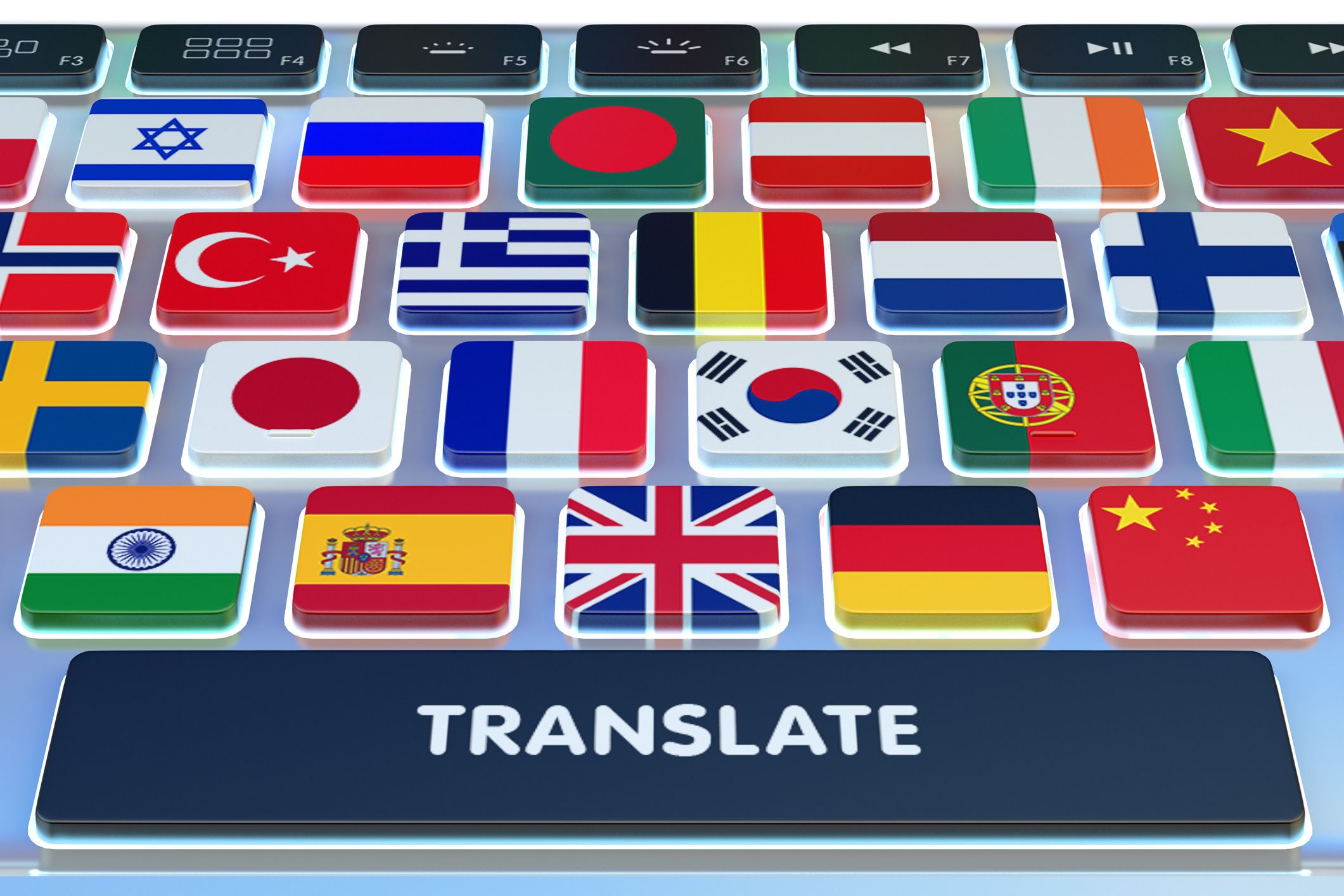| Issue December-20 | ||
 |  |
|
| ·Home ·Politics ·News ·Sport ·Life ·Culture ·World ·Essays ·About | ·Archive | |
| ||||||||||||||
Translating with deepL |
 |
I recently have been writing my 28 years memoirs called "The Slut Goddess" which is near to 300 pages in length. In addition to this I wrote a short story for a friend and also a rather complicated explanation of how the short story came about. Both works contains various romantic and even very explicit erotic, sex scenes or plots which are not easy to translate even as a bilingual person. There are of course in this subject matter certain phrases or maybe idiosyncrasies for which there is no literal translation. Speaking both German and English and having been married twice to German women I can relate that where as the Germans can differentiate between "Ich liebe dich" which means as probably everybody can guess "I love you" and "Ich habe dich lieb" for which there is absolutely no equivalent in English. Literally the words mean "I have you love" which all translation programs will change also to "I love you". But for a German there is a world of difference between the phrases. I love you is really reserve for the emotion between, yes lovers, or married partners or parent to child and vice versa whereas the alternate phrase could well be used with other people and in some ways you might even stretch it to compare with what we mean sometimes with the phrase "bless you". One thing was for sure. The Google translation came out like a workshop manual for a gynaecologist whereas the deepL translation with a couple of very minor terminology changes seemed perfect. DeepL on the web will do a good job but it has a couple of limitations which have motivated me to subscribe to the pro version. First the free web version limits the number of characters it will translate in one go. For a short note or letter probably not a problem. If you write a longer letter or story then you need to cut and paste bits and pieces which can get tedious. The second limitation is that it won't differentiate between the informal and formal "you" in languages such as German and French. For those that have no knowledge of this these languages or countries differentiate between who you are addressing. The informal you, "du" in German or "tu" in French is reserved for family or close friends. In German nowadays many young people will automatically speak to each other in the informal form. As far as I can ascertain tis is true nowadays in French as well. If I speak to a German policeman in the "du" form I can be fined. Yes. believe it. An employer will speak down to an apprentice with du, but will be taken aback if the apprentice does not use the Sie form when answering. DeepL will differentiate but only really if you purchase the pro version. The free version seems to have a mind of its own and like Google you might end up with "ich liebe sie" which is ridiculous. -pw- |
|